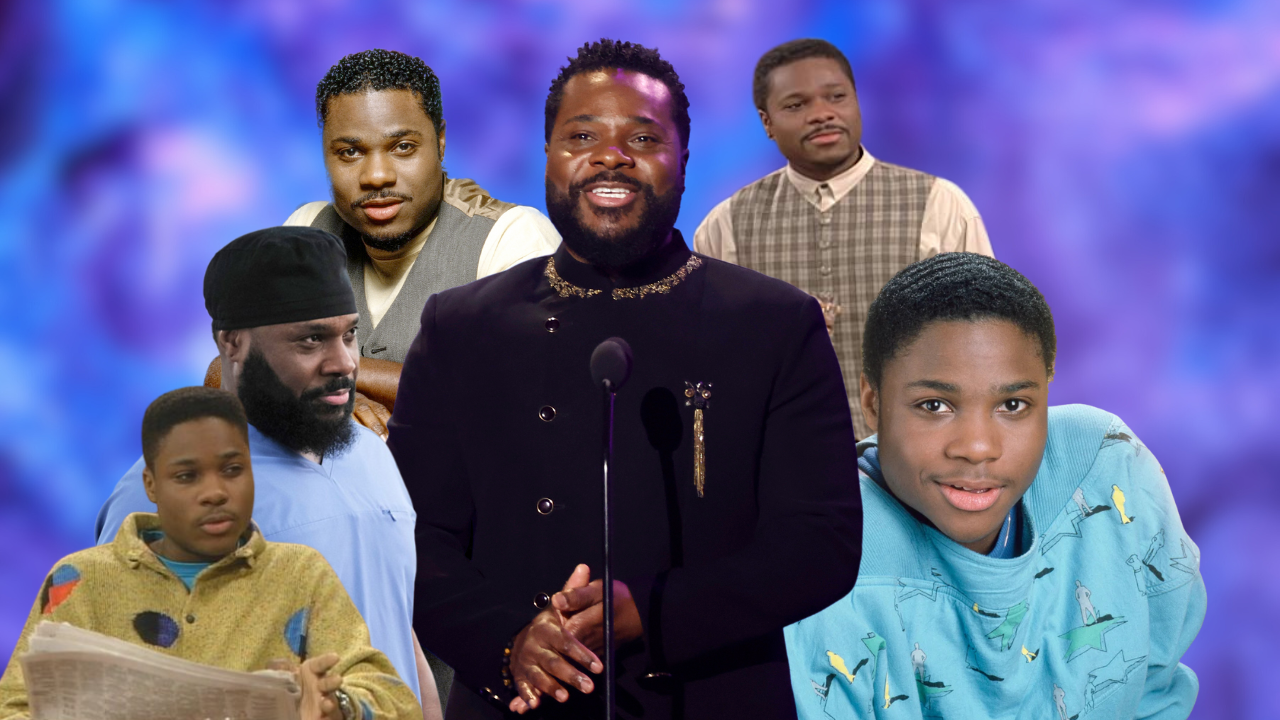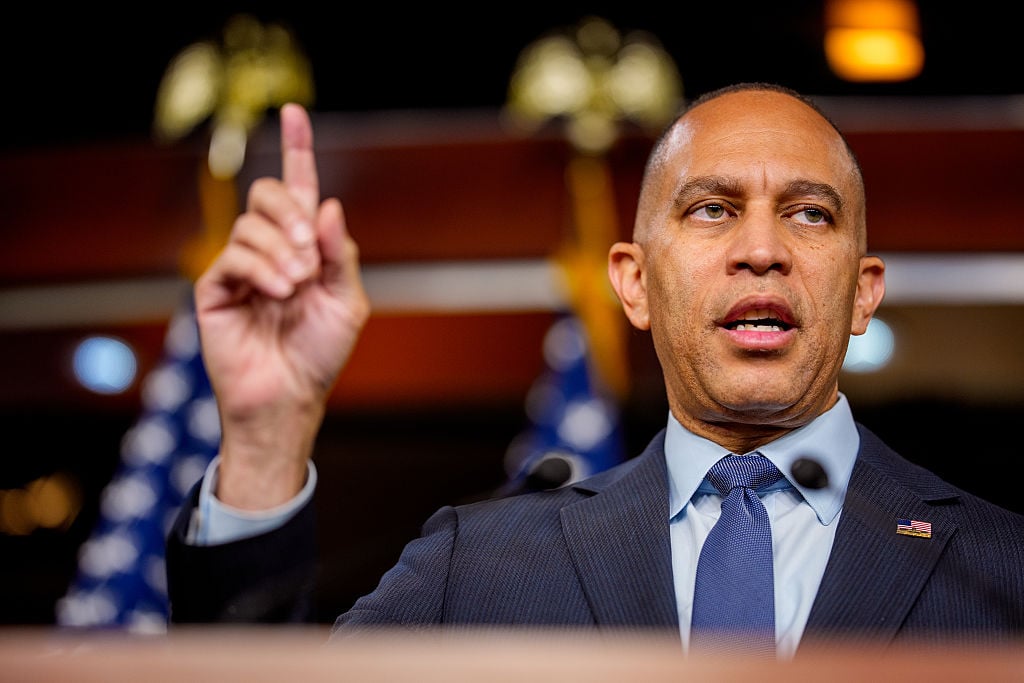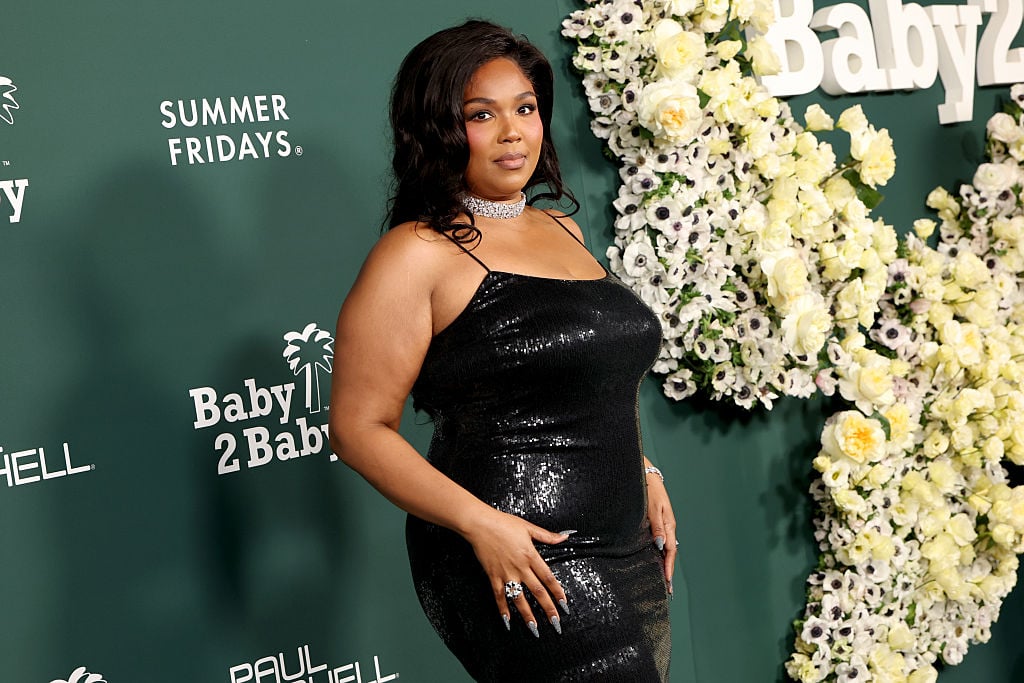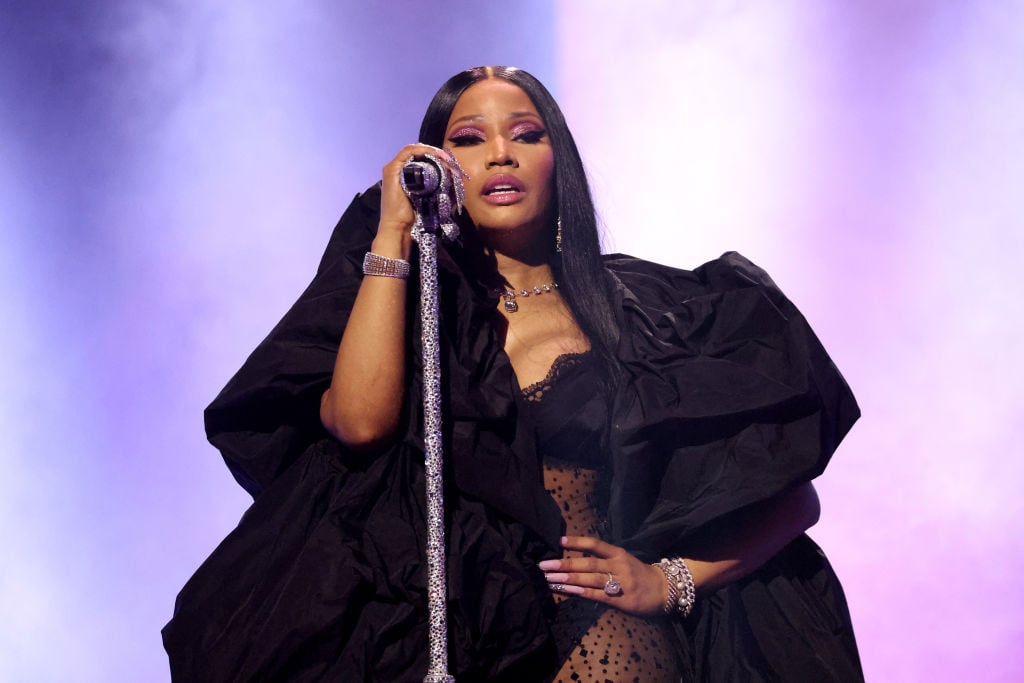
Malcolm-Jamal Warner has passed. The actor and cultural icon reportedly drowned while on a family vacation in Costa Rica at age 54, and for many of us the news doesn’t feel real, not because we thought he was immortal, but because for so many of us, Malcolm was always there.
For over four decades, Warner wasn’t just in Black television. He was Black television. A fixture on our screens since childhood, he gave us characters who were funny, flawed, brilliant, and deeply human. Whether through sitcoms, dramas, or spoken word, Warner made a career out of coloring outside the lines of how Black men are “supposed” to look and sound on TV.
If you’re like me, you first met Warner as Theo Huxtable, the witty, impulsive, sometimes-too-cool-for-school little brother on “The Cosby Show.” But his artistic legacy stretches far beyond the iconic Brooklyn brownstone that once symbolized Black upward mobility and excellence on prime-time television. Warner’s presence stretched across decades as he built a catalogue of work that challenged the industry’s narrow vision of Blackness and offered a more nuanced lens through which to see Black culture.
[embedded content]
“There’s always been this struggle to expand the way we’re perceived, to expand telling our stories in an industry that wants to tell the same stories, that wants to present us in the same way,” Warner told theGrio in a 2024 interview.
Below, we honor the roles that shaped his expansive, multigenerational legacy.
Theo Huxtable on “The Cosby Show”
This is where it started for most of us. Watching Theo wrestle with school, self-image, and sibling drama felt so familiar. He was our brother, our cousin, the boy we had a crush on, or argued with at the lunch table. Theo was charming, funny, insecure, ambitious, and real.
“Theo had such an impact on the culture,” Warner tolf theGrio. “Theo had an impact on me as a viewer and as an artist. So I am very proud of the work that we did.”
He wasn’t some caricature of a Black teen. He was smart, a little wild, hilarious, but full of heart. He was allowed to mess up. And for so many Black boys, that was revolutionary.
Malcolm McGee on “Malcolm & Eddie”
After “The Cosby Show,” Warner stepped into something completely different. In the UPN sitcom Malcolm & Eddie, he played Malcolm McGee, a straight-laced tow truck owner opposite Eddie Griffin’s fast-talking, scheming roommate. And while Warner revealed tensions between the cast, the show ran for four seasons and showcased the messy and funny realities of a working-class Black man trying to figure it out.
Dr. Austin on “The Resident”
Warner called this role his favorite, and it’s not hard to see why. As Dr. AJ Austin, he traded punchlines for a scalpel and brought layered intensity to the Fox medical drama, “The Resident.”
“That’s probably my favorite role,” he told theGrio. “Dr Austin was so very different from what people normally see me do at this point. Those kind of characters I really love playing, because they’re still good guys, but they’re not necessarily, typically nice guys.”
Dr. Alex Reed on “Reed Between the Lines”
With this BET series, Warner brought us into the home of a modern Black family. Alongside Tracee Ellis Ross, Warner helped redefine Black fatherhood on screen for a new generation in a way that felt warm and familiar. “Reed Between the Lines” felt like an attempt to bridge the old-school moral compass of “The Cosby Show” with millennial parenting and evolving gender roles.
Kevin on “Sherri”
In the short-lived but memorable sitcom “Sherri,” Warner brought a surprising softness to Kevin, the ex-husband you wanted to roll your eyes at but couldn’t help rooting for. Starring opposite Sherri Shepherd, Warner played the kind of complicated man we all know: flawed, familiar, and not quite finished growing.
Kendall Gomillion in “Accused”
In one of his most recent dramatic turns, Warner appeared in “Accused,” an anthology legal drama on FOX. His performance as Kendall Gomillion, a complicated man caught in an equally complicated system, reminded viewers of Warner’s ability to make viewers feel something without the grand speeches.
Rest in peace, Malcolm Jamal-Warner. Thank you for anchoring generations of Black storytelling.





